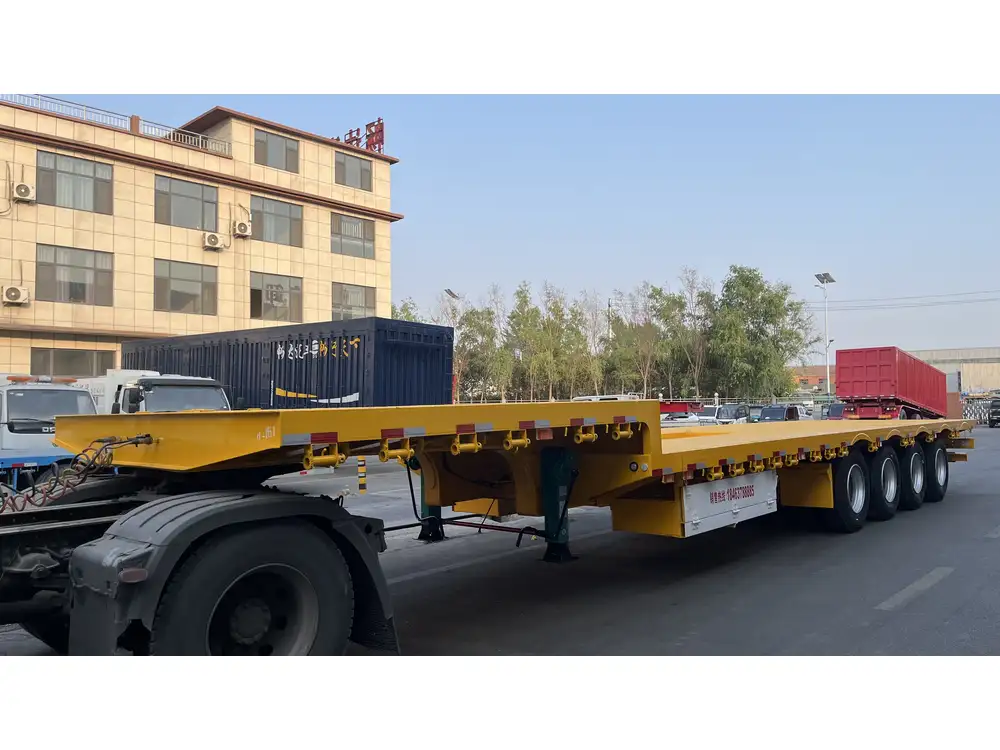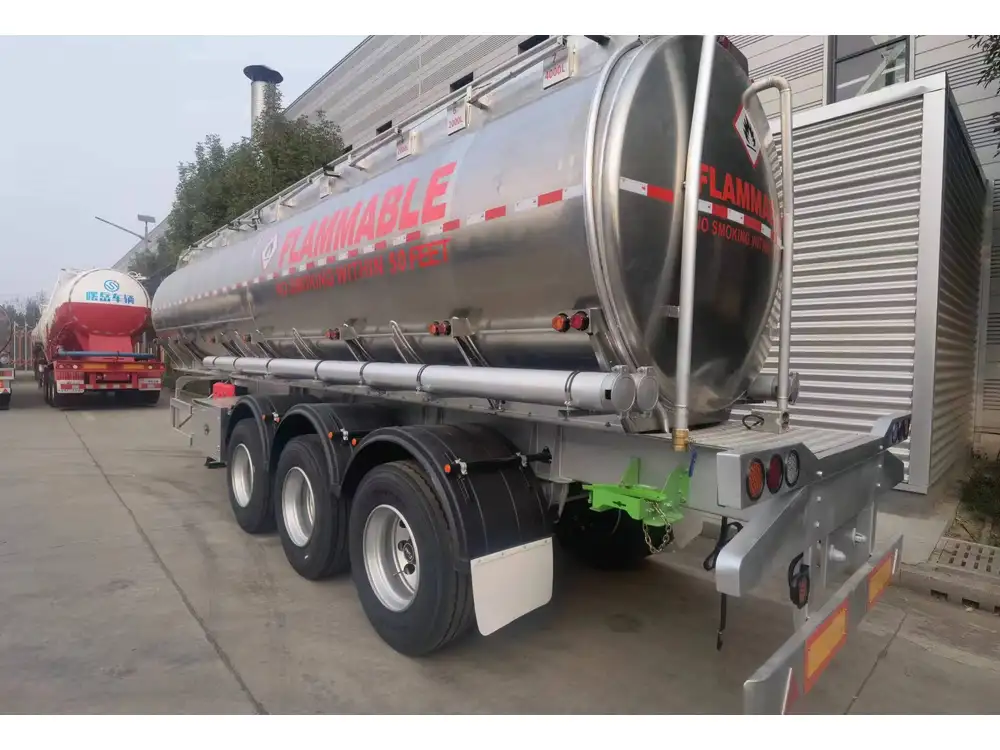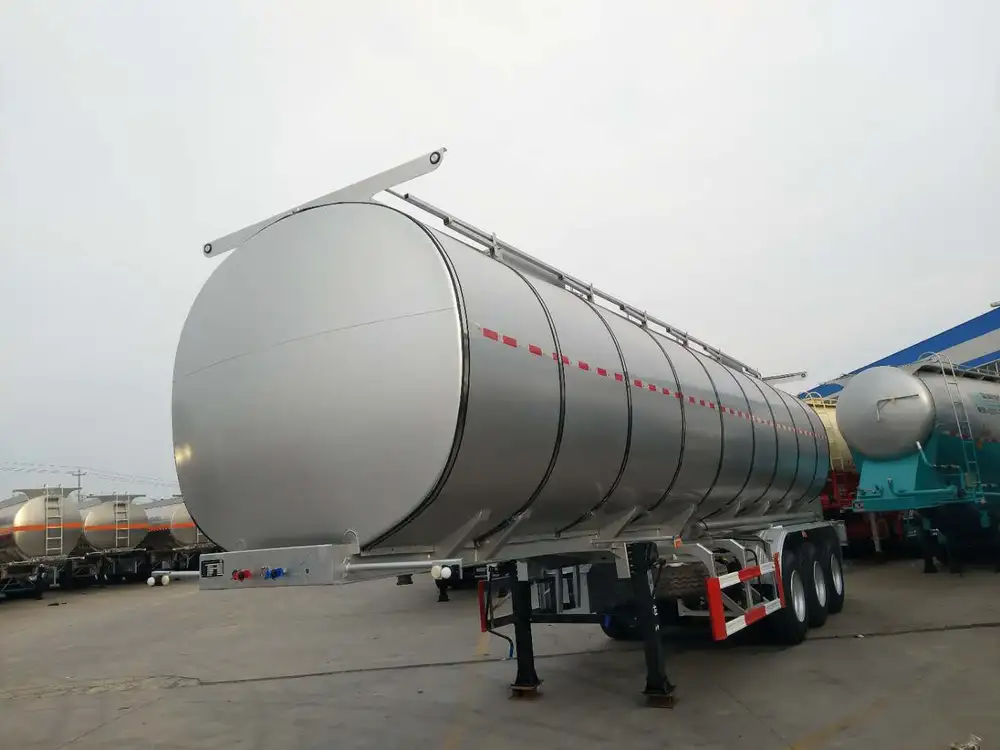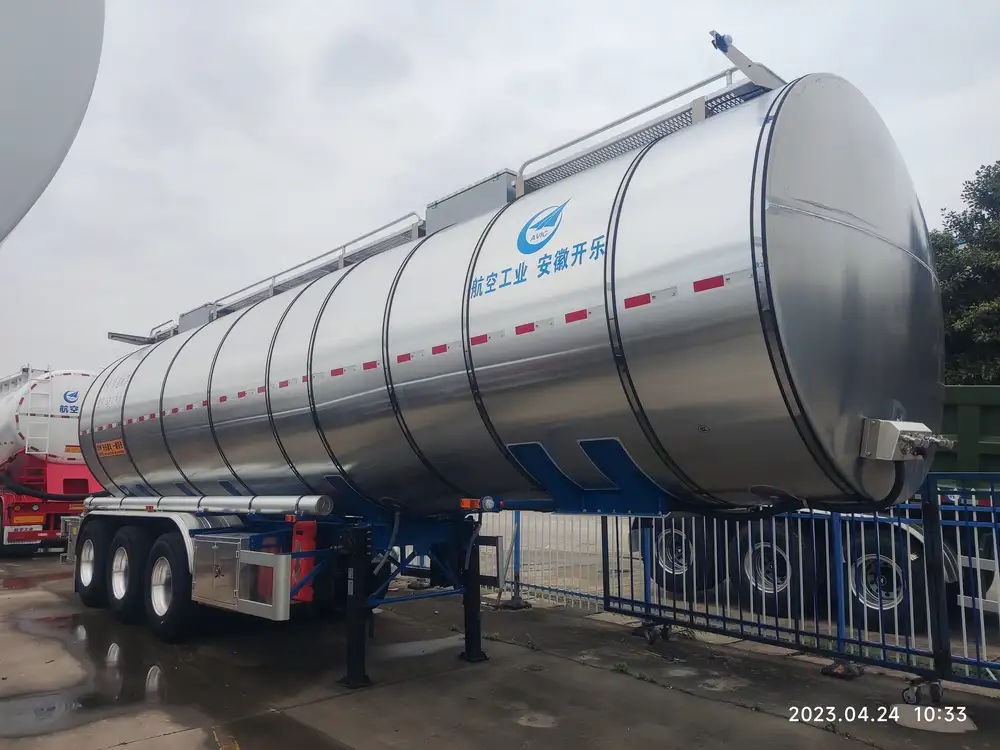When transporting materials for construction, landscaping, or other projects, understanding the costs associated with hiring a dump trailer is crucial for both contractors and clients. This article delves into the intricacies of pricing, specifically focusing on what to charge per mile when using a dump trailer. We will also explore factors influencing these rates, provide industry comparisons, and offer insights for both haulers and consumers.
Pricing Mechanisms in the Dump Trailer Industry
Pricing for dump trailer services is not just a straightforward rate per mile. Various factors contribute to how haulers determine their fees, creating a complex pricing structure.
| Factor | Description |
|---|---|
| Type of Material | Different materials (dirt, gravel, debris, etc.) have different loading and unloading complexities, affecting labor costs. |
| Load Size | Larger loads necessitate more significant investment in manpower and time, often leading to increased charges per mile. |
| Distance | Rates can vary based on geography; longer hauls may have a lower per-mile rate due to economies of scale, while short hauls often incur higher rates due to fixed costs. |
| Fuel Costs | Fluctuations in fuel prices can significantly impact operational expenses, influencing the charges passed on to customers. |
| Vehicle and Maintenance Cost | The type of dump trailer, its age, and the maintenance required will affect pricing decisions. Newer, well-maintained vehicles might command higher rates. |
| Regional Market Rates | Different geographic regions have varying standard rates, often influenced by local competition, demand, and state regulations. |
| Permit and Tolls | Hauls requiring permits or passing through tolls will have additional charges, which may be included in the per-mile rate or billed separately. |
Understanding these factors can help businesses develop a pricing strategy that reflects the true costs of service delivery.
Breaking Down Per-Mile Costs: A Comprehensive Analysis

1. Types of Dump Trailers
Dump trailers vary considerably in size, design, and application. Each type has its own cost implications per mile.
| Type | Capacity | Common Uses | Approximate Rate per Mile |
|---|---|---|---|
| Standard Dump Trailer | Up to 10,000 lbs | General debris, construction | $1.50 – $3.50 |
| Heavy-Duty Dump Trailer | 10,000 lbs to 20,000 lbs | Large construction projects | $2.50 – $4.50 |
| Side-Dump Trailer | Varies, up to 30,000 lbs | Aggregates and bulk materials | $2.75 – $5.00 |
| End-Dump Trailer | Up to 25,000 lbs | Construction and landscaping | $2.00 – $4.00 |
2. Distance Metrics
Distance drastically affects rates, with shorter hauls often incurring higher per-mile charges. This phenomenon is primarily due to several hindrances:
- Fixed Costs: Every haul requires a minimum amount of work regardless of distance, including loading, travel, and unloading.
- Time and Scheduling: Short-distance movements often disrupt regular scheduling, meaning operators may have to decline longer projects.
3. Geographic Variations
Costs per mile can oscillate significantly depending on the region. Urban areas may have higher rates compared to rural zones due to:
- Enhanced demand for hauling services in cities.
- Increased traffic conditions, leading to longer travel times.

4. Seasonal Fluctuations
Seasonality plays an essential role in determining prices:
- Peak Construction Seasons: Spring and summer months often see increased demand, leading to potentially higher rates.
- Off-Peak Times: During winter months, many projects slow down, sometimes resulting in lower per-mile rates.
5. Cost Calculation Examples
To provide clarity on how per-mile rates are structured, consider the following hypothetical scenarios.
Example 1: A 10-Mile Job with Standard Load
- Material Type: Dirt
- Total Load Weight: 8,000 lbs
- Rate per Mile: $2.00
- Total Cost: 10 miles x $2.00 = $20.00

Example 2: A 25-Mile Job with Heavy Load
- Material Type: Gravel
- Total Load Weight: 15,000 lbs
- Rate per Mile: $3.50
- Total Cost: 25 miles x $3.50 = $87.50
Table 2: Summary of Load Types and Their Rates
| Material Type | Typical Rate per Mile | Comments |
|---|---|---|
| Dirt | $1.50 – $2.50 | Widely available, often softer on pricing |
| Gravel | $2.00 – $3.50 | Heavier, often requires additional equipment |
| Debris | $2.50 – $4.50 | Special handling needed, potentially higher rates |
| Concrete | $3.00 – $5.00 | Heavy load, strict environmental regulations apply |
Strategies for Determining Your Charge Per Mile
Businesses must adopt adaptive strategies when calculating charges. Here are some effective approaches:

1. Market Research
Understanding competitor pricing can provide a benchmark for your rates.
- Analyze competitors: Identify key players in your region and their service offerings.
- Engage with local businesses: Building relationships can help gather insights on pricing norms and regulations.
2. Transparent Cost Breakdown
Communicating transparently with clients about how you derived your pricing is vital for trust building.
- Itemized Quotes: Provide clear invoices that break down every aspect of the pricing, from fuel costs to maintenance.
3. Regularly Review and Adjust Rates
Market dynamics change; keeping your rates competitive requires ongoing evaluation.
- Monitor fuel prices: Adjust rates if significant fuel price fluctuations occur.
- Consider general cost of living increases: Align your pricing with overall inflation or changes in operating costs.

4. Bundle or Package Services
Offering bundled services may attract more business.
- Discount for multiple loads: Provide a reduced rate if clients commit to several hauls.
- Loyalty Discounts: Reward repeat customers with discounted rates.
Addressing User Concerns
When potential customers evaluate hiring a dump trailer, they often harbor several concerns:
1. Value for Money
How can clients ensure they are receiving fair pricing?
- Request Multiple Quotes: Clients should compare various offers to assess value.

2. Reliability of Service
Clients want assurance that their loads will be handled responsibly and on time.
- Check Reviews and References: Gather testimonials from previous clients to gauge reliability.
3. Safety Considerations
Safety is essential, especially for heavy loads in construction.
- Verify Insurance and Licensing: Ensure that the hauling company has the appropriate coverage and permits.
Conclusion: Making Informed Decisions
In summary, the cost of hiring a dump trailer involves careful consideration of various factors, including load type, distance, and regional pricing norms. It’s important for both service providers and customers to familiarize themselves with these variables, ensuring a transparent relationship built on trust and understanding.
For clients seeking reliable dump trailer services, knowing what to expect in terms of pricing is crucial for budgeting and operational efficiency. On the other hand, haulers should ensure that their pricing reflects the diverse range of service costs while remaining competitive in an evolving market.
By navigating these complexities with foresight and strategic planning, both haulers and consumers can thrive in the ever-changing landscape of the dump trailer industry.



